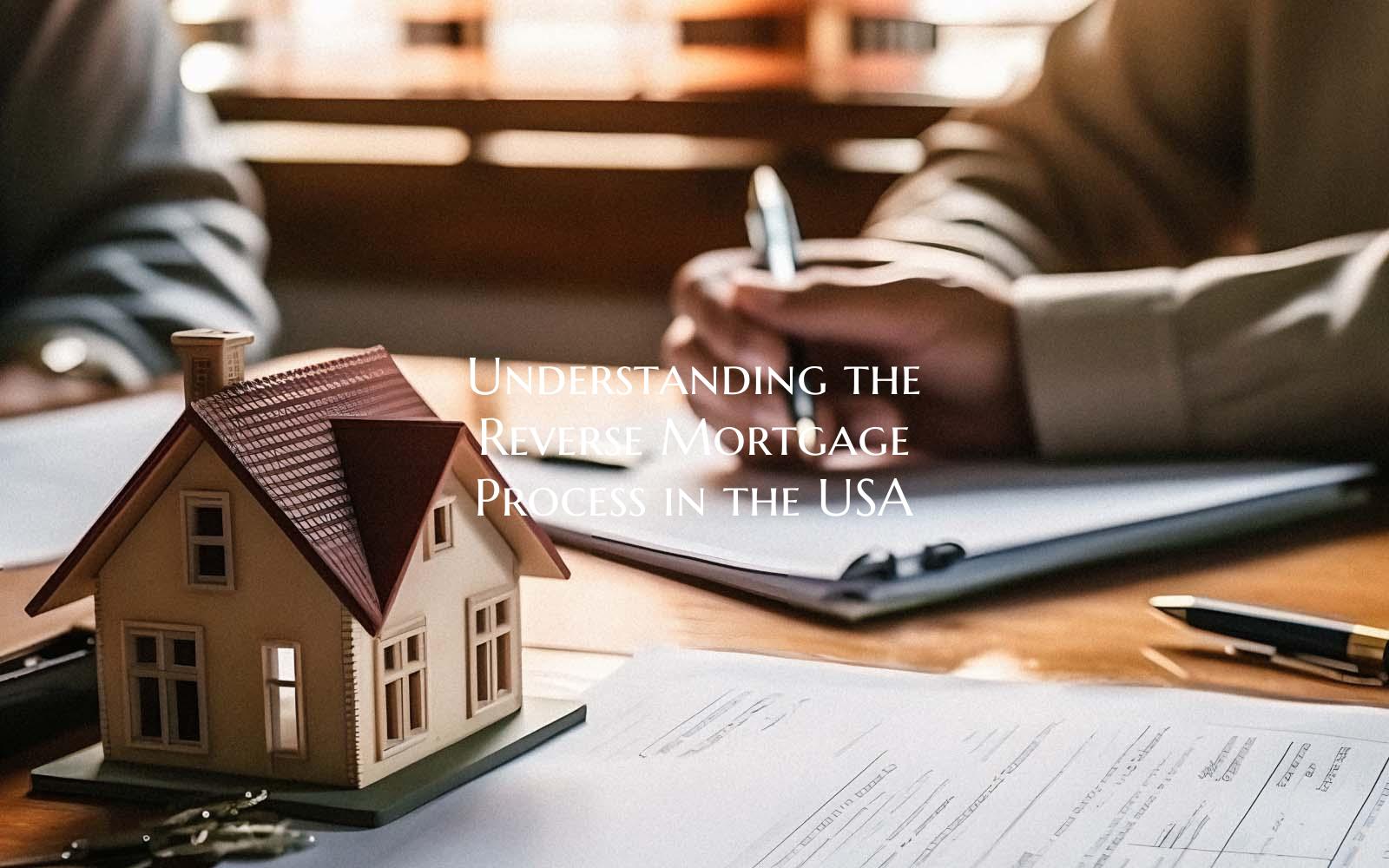Understanding the Reverse Mortgage Process in the USA

A reverse mortgage is a unique financial product designed for homeowners aged 62 and older in the United States. It allows senior citizens to convert a portion of their home equity into cash, providing them with an additional source of income during retirement. However, to fully comprehend the reverse mortgage process, it is crucial to understand its key aspects.
1. Eligibility Criteria: To qualify for a reverse mortgage, you must be a homeowner aged 62 or older who owns the property outright or has a substantial amount of equity in it. The property must be your primary residence, and you should be able to continue paying property taxes, insurance, and maintenance costs.
2. Counseling Session: Before applying for a reverse mortgage, borrowers are required to attend a counseling session with a HUD-approved counselor. This session aims to ensure that you understand the terms and implications of a reverse mortgage, as well as explore other alternatives that may better suit your financial situation.
3. Loan Options: There are different types of reverse mortgages available in the USA, including Home Equity Conversion Mortgages (HECMs) – which are insured by the Federal Housing Administration (FHA) – and proprietary reverse mortgages offered by private lenders. Each type has its own features and requirements.
4. Loan Amount Calculation: The amount you can borrow through a reverse mortgage depends on various factors such as your age, the appraised value of your home, current interest rates, and the type of reverse mortgage chosen. Generally, the older you are and the higher the value of your home, the more funds you can access.
5. Repayment: With a reverse mortgage, you do not have to make monthly loan repayments like a traditional mortgage. The loan becomes due when you move out of the house, sell the property, or pass away. At that point, the loan, plus interest and fees, must be repaid either through the sale of the home or by your heirs.
6. Risks and Considerations: While a reverse mortgage can provide financial flexibility to seniors, it is essential to weigh the risks involved. These may include accruing interest, reduced inheritance for your heirs, and the possibility of outliving the equity in your home. It is advisable to consult with financial advisors and estate planners before committing to a reverse mortgage.
Understanding the reverse mortgage process in the USA empowers homeowners to make informed decisions about their financial health and retirement planning. By delving into the eligibility criteria, loan options, repayment terms, and risks associated with reverse mortgages, seniors can navigate this financial tool more confidently and effectively.
